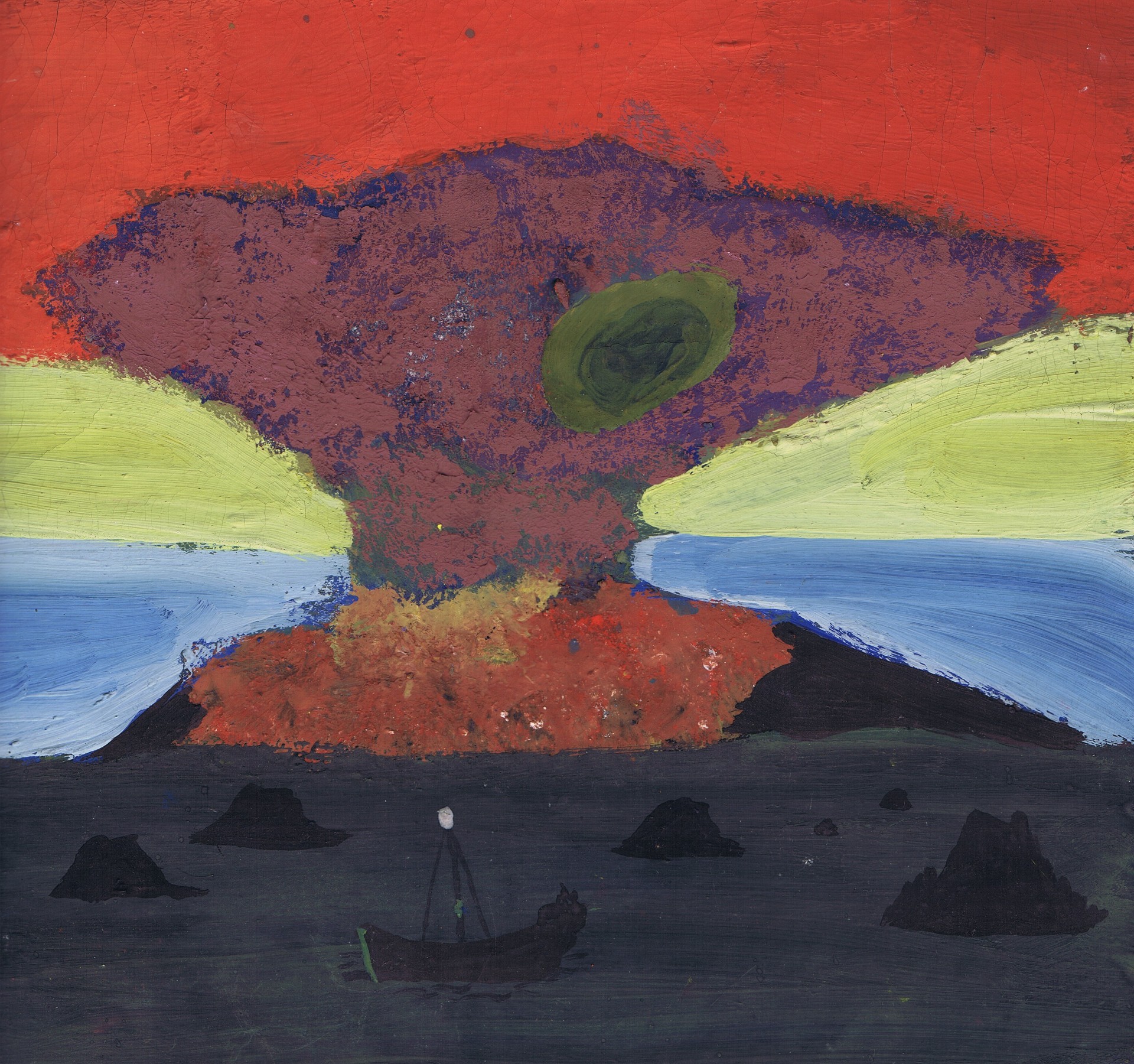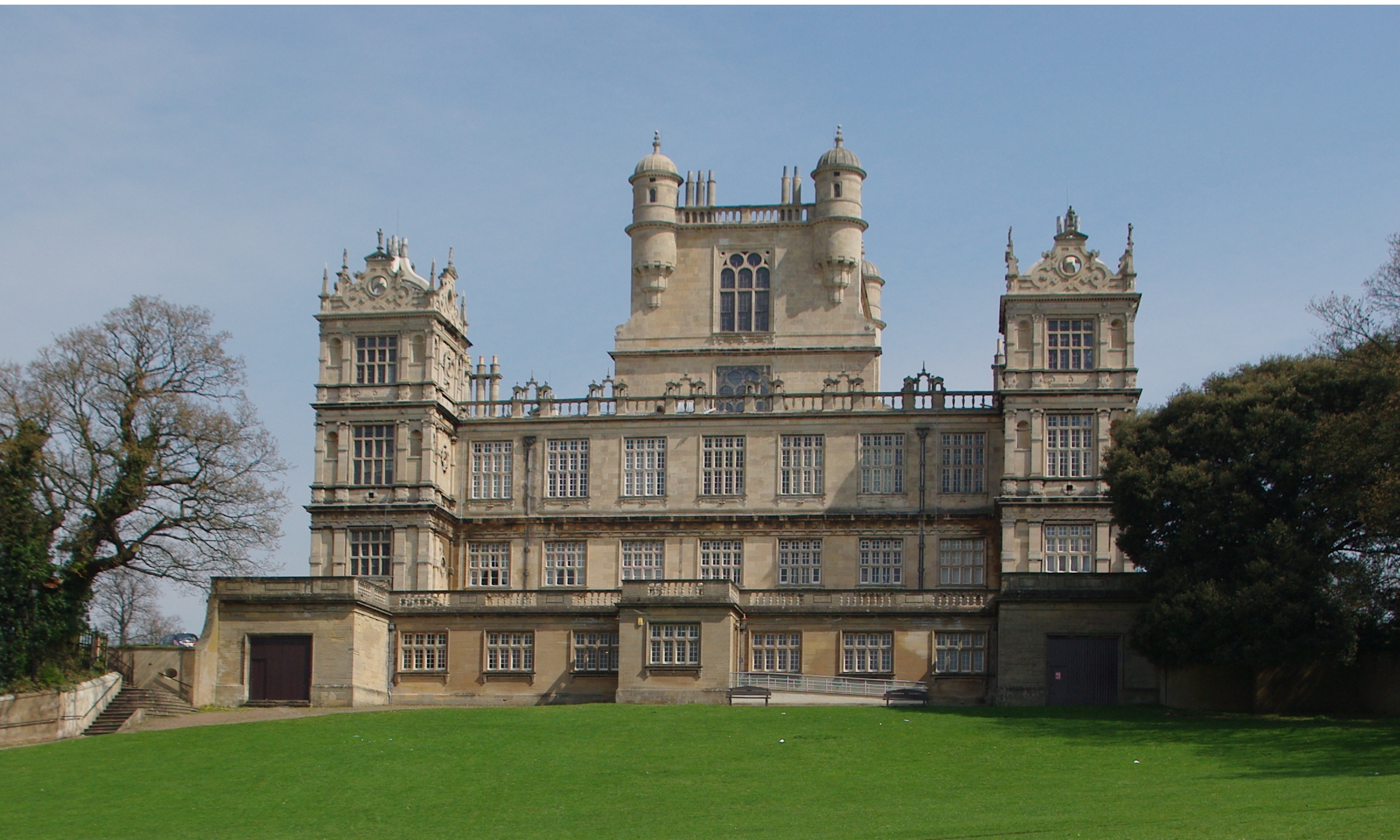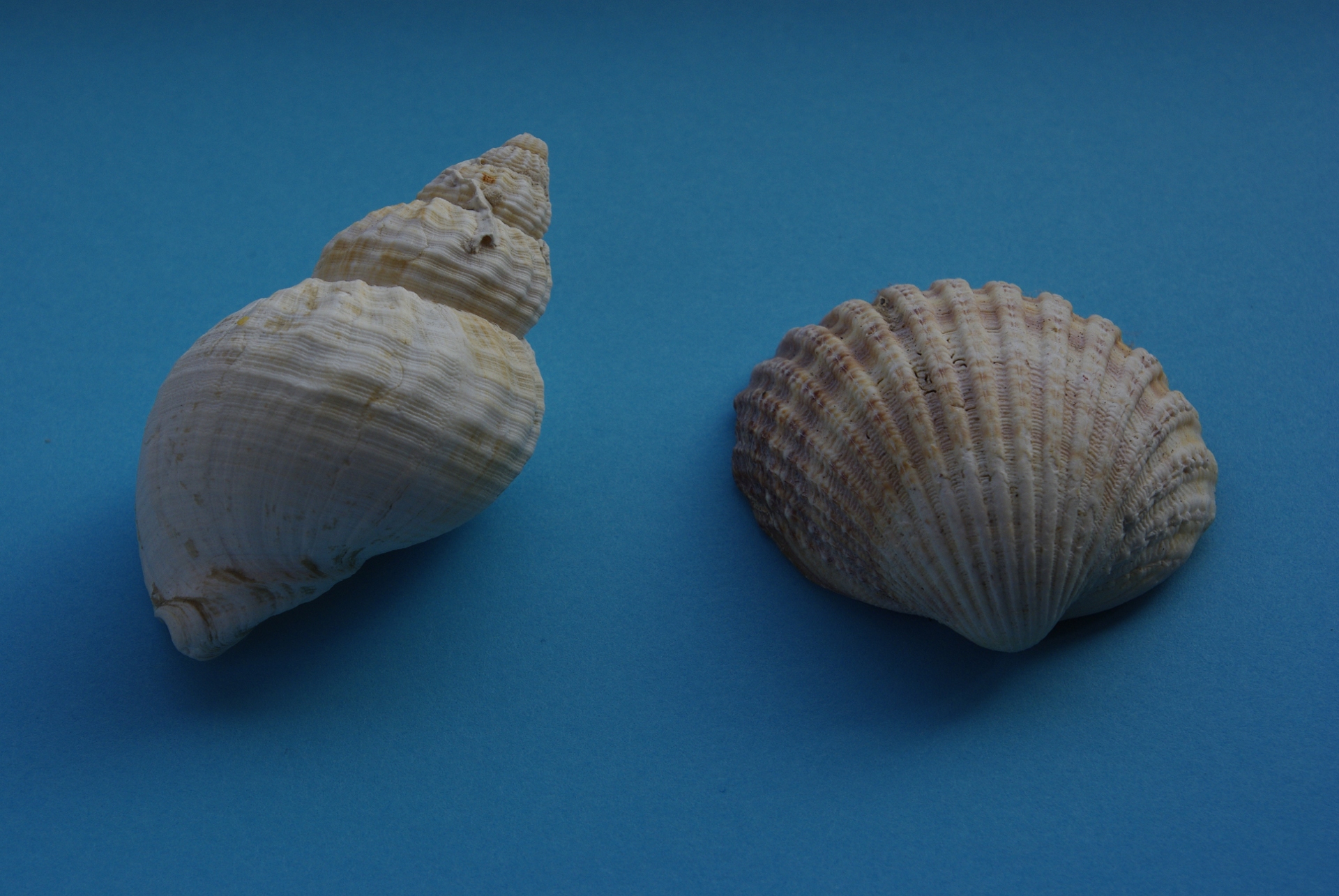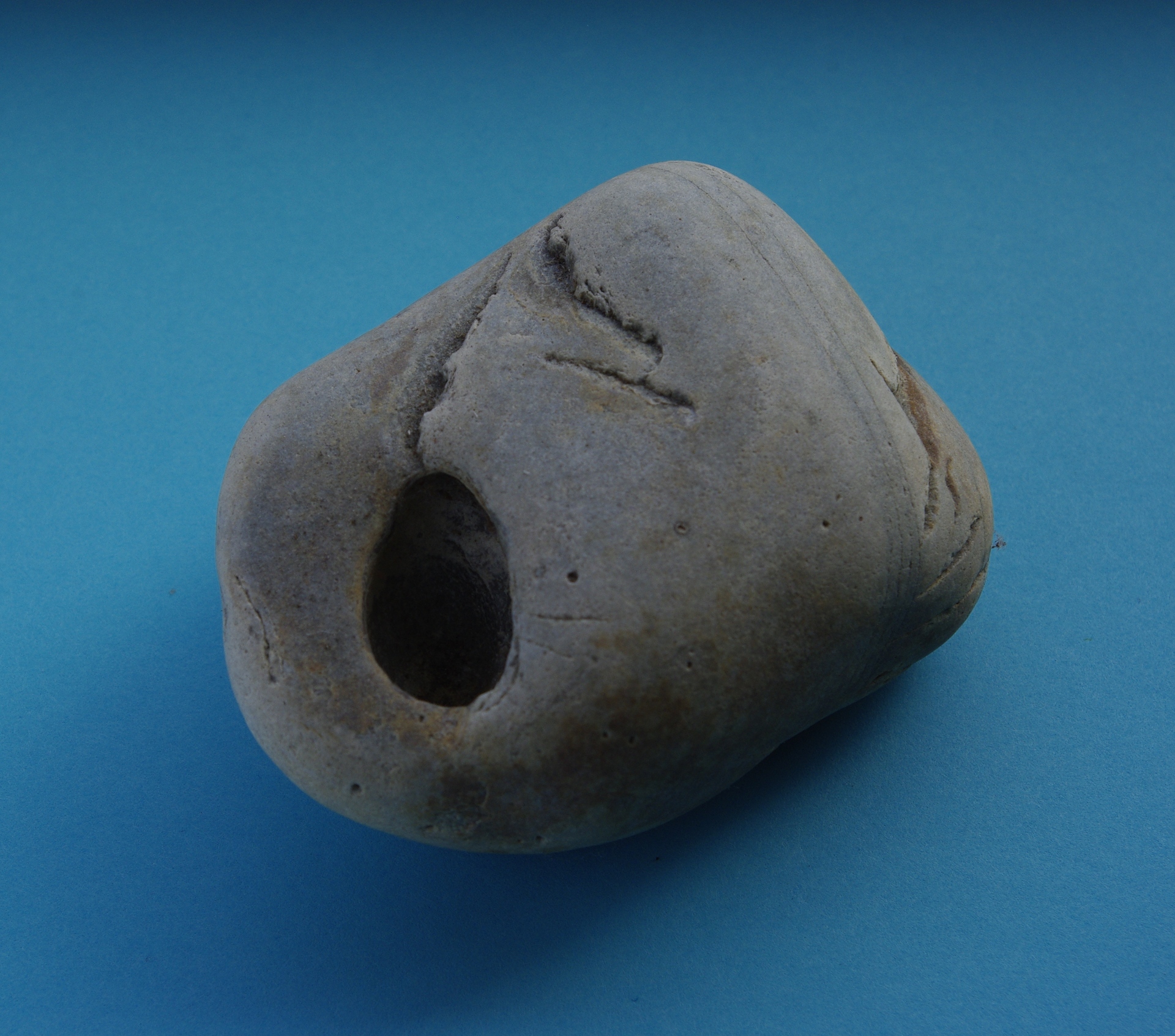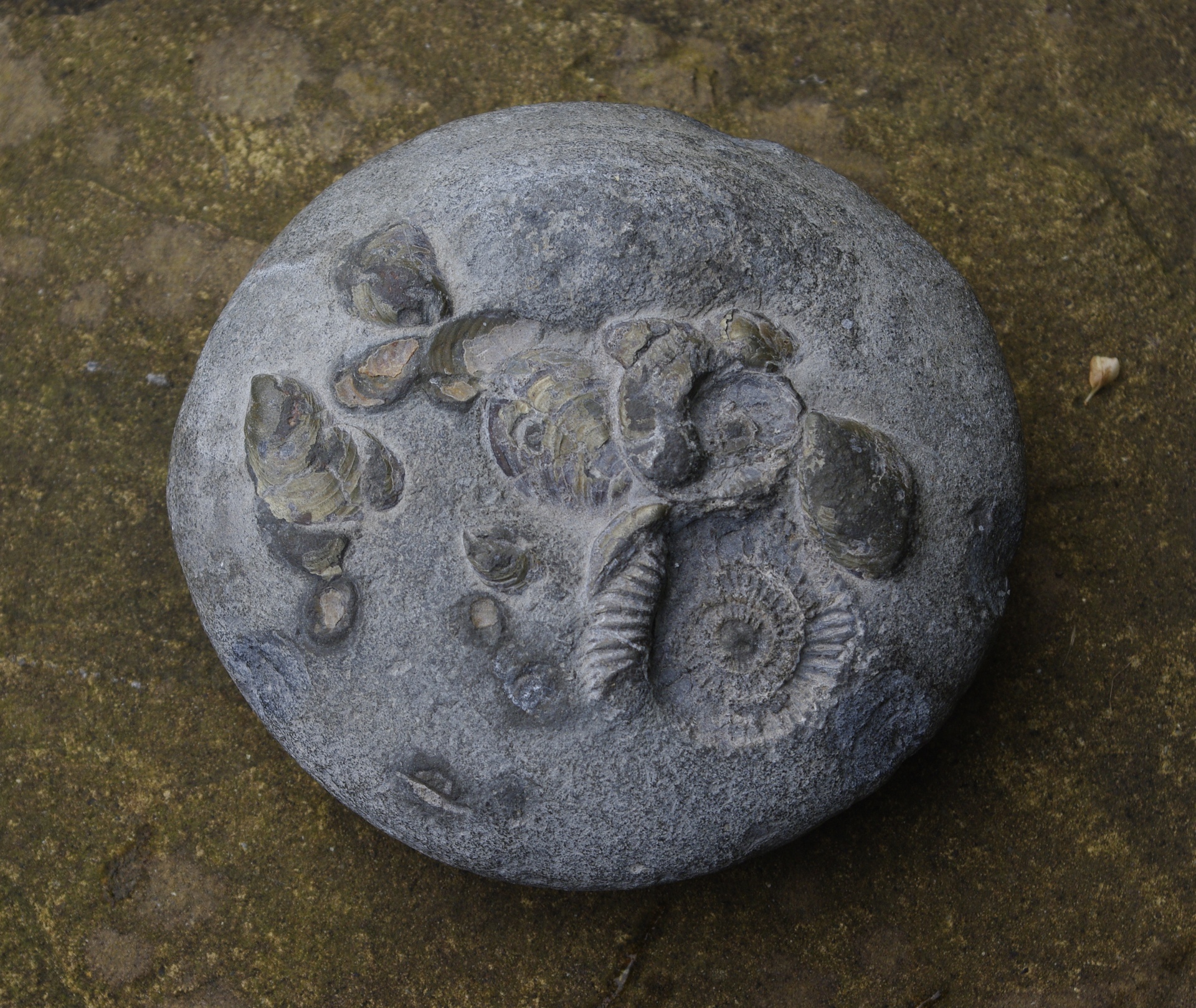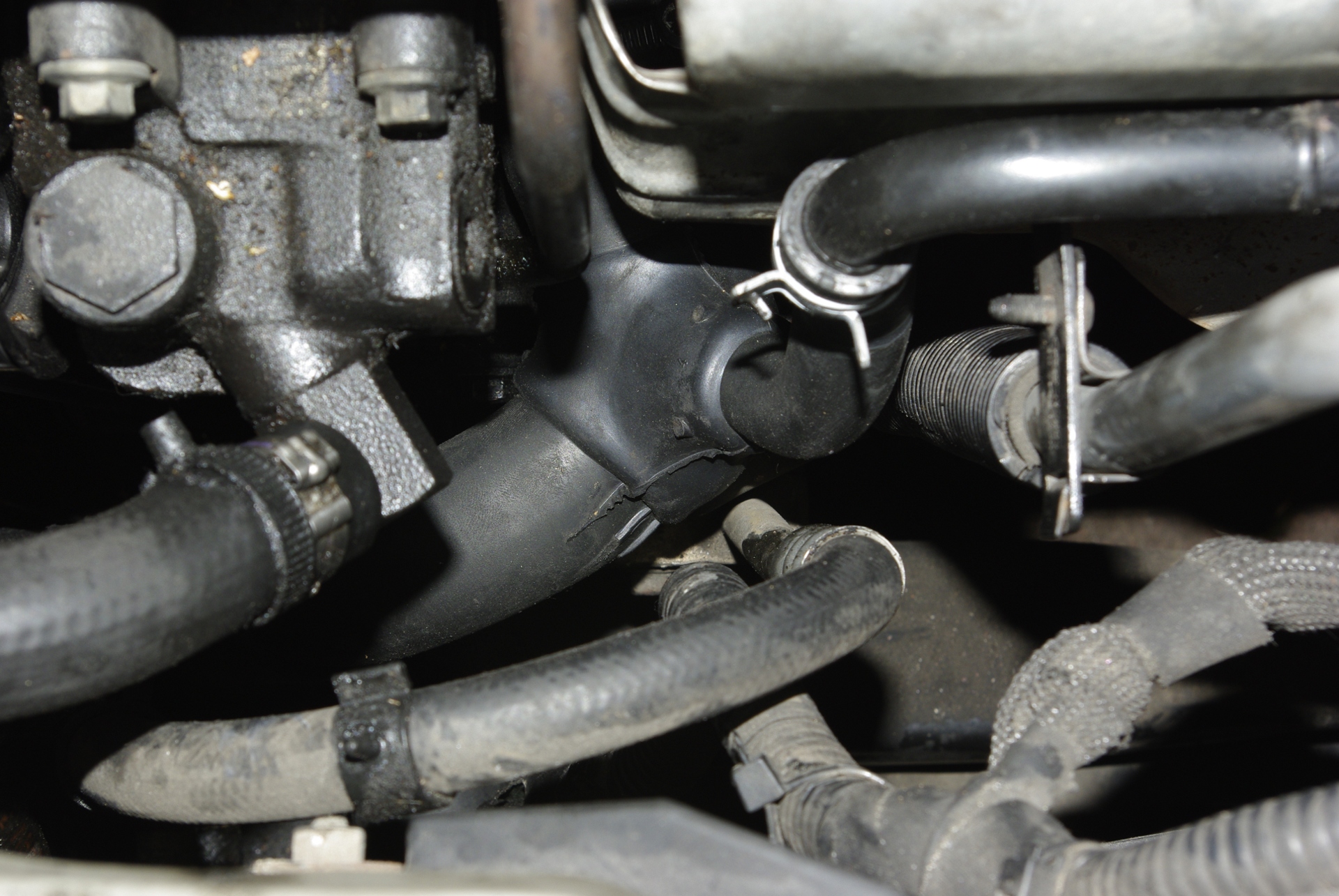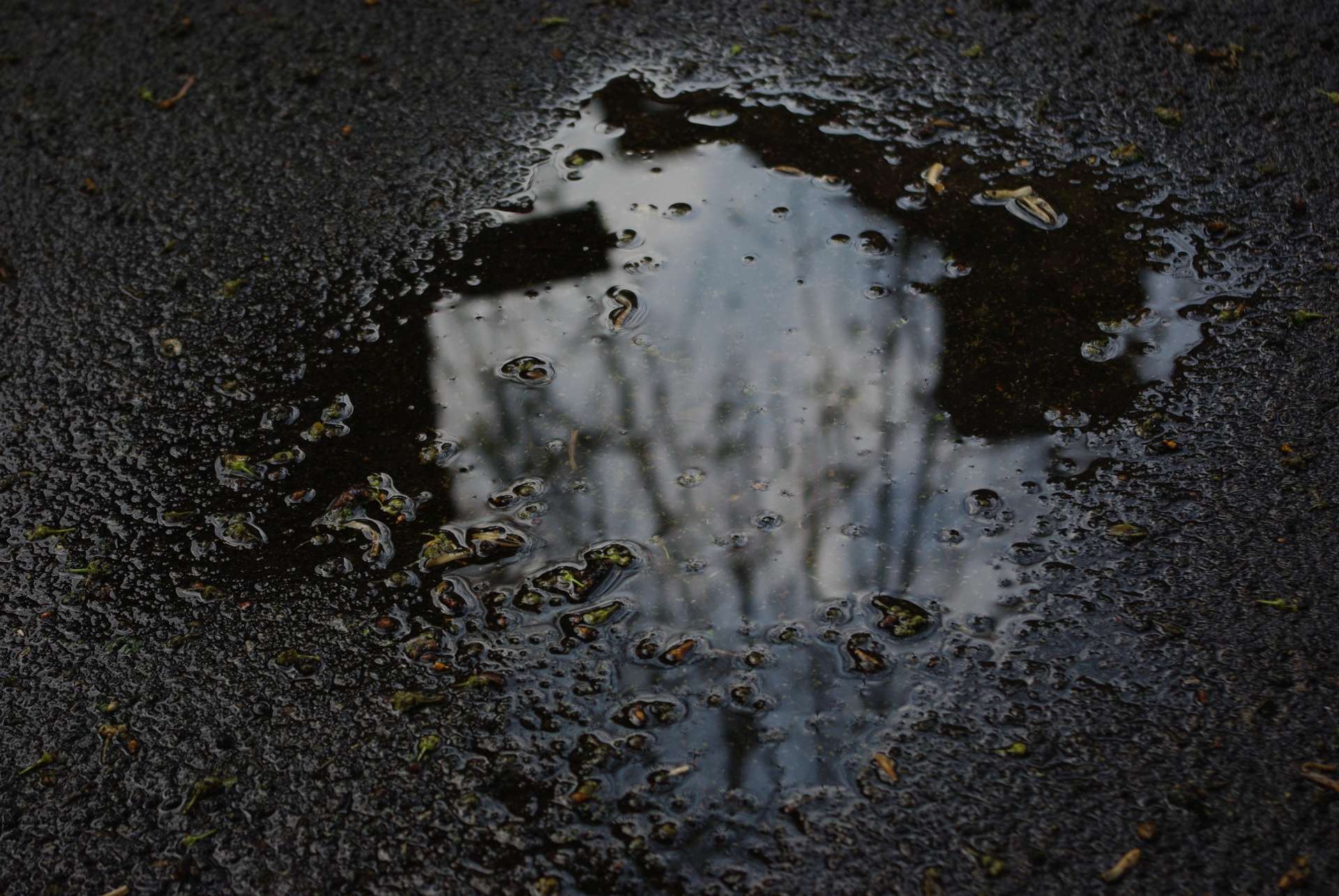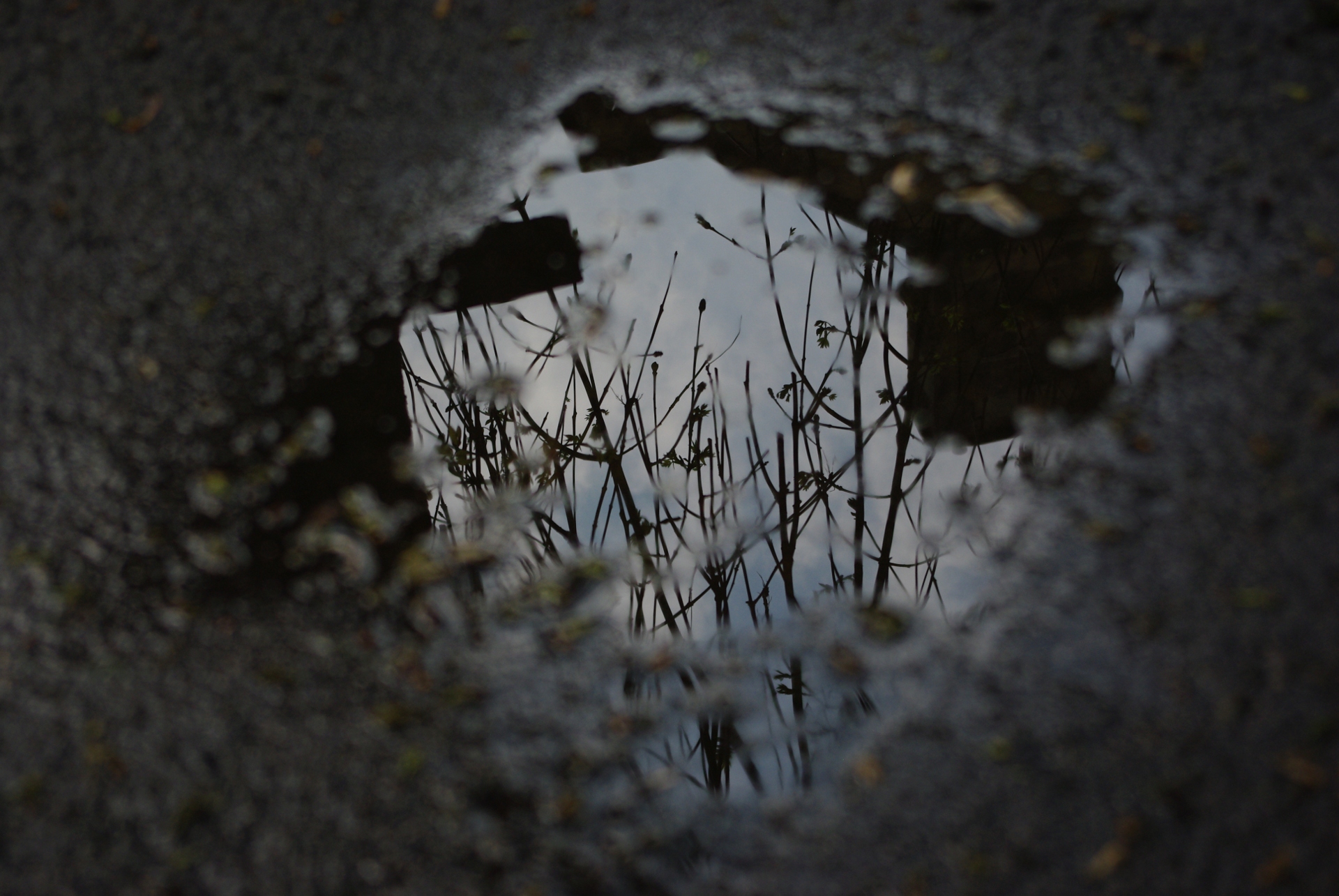This post is a (belated!) response to the prompt here, at
‘Sleep is for the Weak’
and you can see the other responses here.
We live in a world that is increasingly dominated by, and fuelled with, advanced technology. A lot of this we are all, generally, grateful for. We like it that our homes can be heated to just the right temperature, without the need to clean grates, light and make up fires, adjust the dampers, and so on. It’s great to be able to talk to friends, anywhere in the world, at very modest cost these days. When we travel by road, rail, sea, or air, many devices co-ordinate to ensure our safety as far as possible. And the list goes on – without yet more technology, I couldn’t have typed this, and you wouldn’t be reading it now!
But amid the glamour of all this, some considerations tend to be overlooked; in particular, the promised resultant utopia has not arrived. This same world, full of technology, is still littered with war, grief, suffering of many kinds, tedious jobs that have to be done, as well as unemployment and all sorts of other troubles. Have they been, even a little, alleviated? Dare I ask, have they got worse?
And so to my title and the point of this post. Imagine, if you can, a home, a location, a life, where you are equipped, not with countless things you could sometimes make use of, but with plenty of the things that you couldn’t do without. Well, a part of me wants to run away and find that life. Realistically, I think (well, I know) I’d have to work much harder, in the physical sense. But I’d get fitter, wouldn’t I? My food would be simpler, but I’d probably soon find it tastier, and I’d be healthier for it…
Perhaps, for some, this simpler life already exists. Indeed, we know it does, in some parts of the world. But for the rest of us does it exist, potentially, as an attitude of mind? Personally, I am part way through a rather painful de-cluttering exercise. And I’m trying to learn some guide-lines for life, as I go along. Perhaps I won’t have to run away, after all.
It's kind to share!
